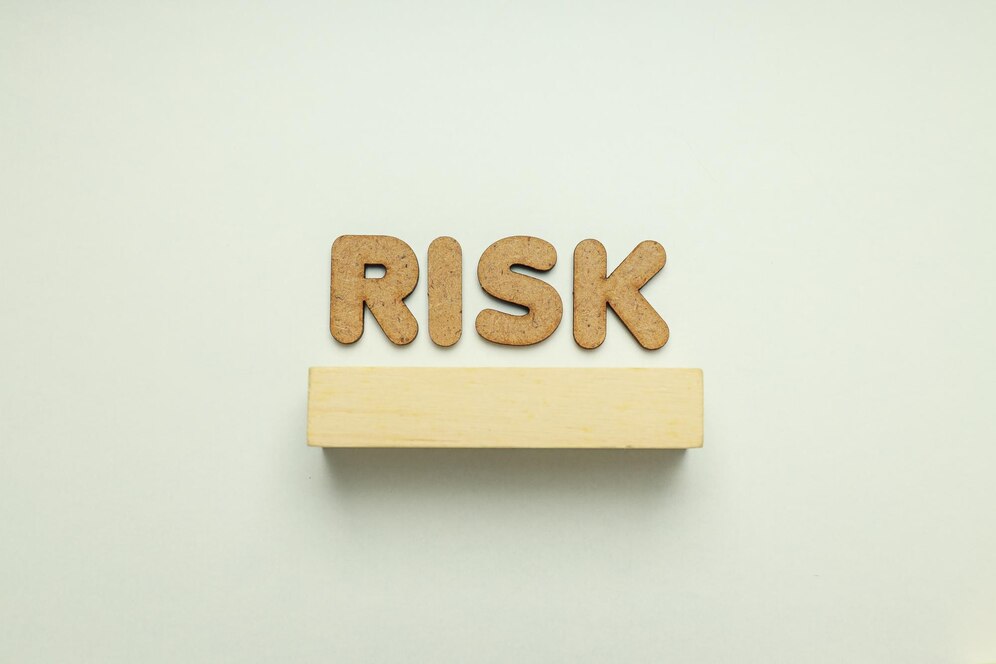
Managing risk is crucial for any business. In Indonesia, where the business environment can be unpredictable, effective risk management ensures stability and growth. Here are the top 10 risk management solutions you can apply in your company to safeguard your business.
1. Risk Assessment
The first step in managing risk is to identify and assess potential risks. This involves evaluating the likelihood and impact of various risks. Regular risk assessments help in understanding what could go wrong and how it can affect your business.
In Indonesia, consider local market conditions, regulatory changes, and cultural factors during your risk assessment. This ensures that you are prepared for unique challenges.
2. Develop a Risk Management Plan
A risk management plan outlines how your company will handle different risks. It includes strategies for risk mitigation, roles and responsibilities, and procedures for monitoring and reviewing risks.
Having a well-documented risk management plan helps your team know what to do when a risk materializes. This plan should be reviewed and updated regularly to stay relevant.
3. Implement Strong Internal Controls
Internal controls are policies and procedures put in place to prevent and detect errors and fraud. They help ensure accuracy and reliability in your business operations.
In Indonesia, effective internal controls can mitigate risks associated with regulatory compliance and financial reporting. Regular audits and reviews help in maintaining strong internal controls.
4. Employee Training and Awareness
Training your employees about risk management is essential. They need to understand the risks that could affect the business and how they can help in managing these risks. Regular training sessions and workshops keep employees informed and prepared.
Incorporating risk management into your HR solutions Indonesia can create a culture of risk awareness. This empowers employees to identify and report potential risks.
5. Use Technology and Automation
Technology can significantly enhance your risk management efforts. Using risk management software helps in tracking and monitoring risks in real-time. Automation can reduce human error and improve efficiency in risk management processes.
In Indonesia, many companies are adopting technology to improve their risk management practices. This includes using software for financial reporting, compliance tracking, and incident management.
6. Diversify Your Business
Diversifying your business can reduce the impact of risks. This involves expanding into new markets, products, or services. Diversification spreads the risk and makes your business more resilient to market fluctuations.
In Indonesia, consider exploring opportunities in different regions or industries. This reduces dependency on a single market and mitigates risks associated with local economic conditions.
7. Conduct Due Diligence
Due diligence is essential for making informed business decisions. It involves thoroughly investigating and assessing potential partners, investments, or acquisitions.
Due diligence Indonesia helps in identifying potential risks and ensuring that your business decisions are sound. This includes financial, legal, operational, and reputational assessments.
8. Develop a Business Continuity Plan
A business continuity plan ensures that your business can continue operating during and after a disruption. This includes natural disasters, cyber-attacks, or other emergencies.
In Indonesia, where natural disasters are common, having a robust business continuity plan is crucial. This plan should include emergency response procedures, backup systems, and recovery strategies.
9. Engage with a Business Risk Consultant
Engaging with a business risk consultant provides expert insights into managing risks. They help in identifying potential risks and developing strategies to mitigate them.
In Indonesia, a business risk consultant can provide valuable advice on navigating local regulations and market conditions. This ensures that your risk management practices are effective and compliant.
10. Monitor and Review Risks Regularly
Regular monitoring and review of risks ensure that your risk management practices remain effective. This involves tracking risk indicators, reviewing risk management strategies, and making necessary adjustments.
In Indonesia, where the business environment can change rapidly, regular monitoring helps in staying ahead of potential risks. This proactive approach ensures that your business is always prepared.
Final Words
Implementing effective risk management solutions is crucial for the success of your business. By conducting regular risk assessments, developing a risk management plan, and using technology, you can mitigate potential risks. Training employees and engaging with a business risk consultant enhances your risk management efforts. In Indonesia, considering local factors and conducting due diligence ensures that your business is prepared for unique challenges. Regular monitoring and review of risks keep your risk management practices relevant and effective. By applying these top 10 risk management solutions, you can protect your business and ensure long-term success.


